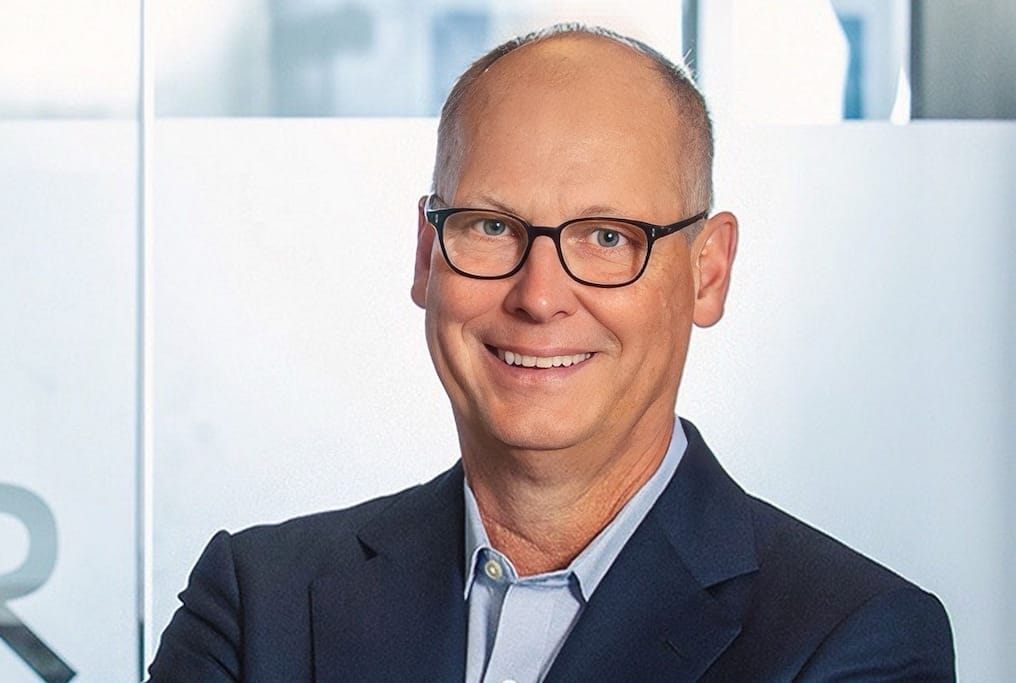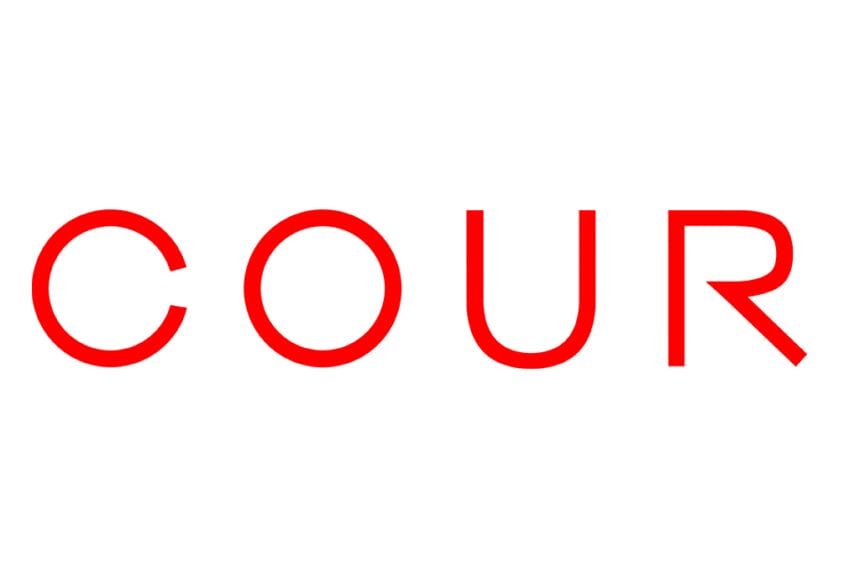The boon of biotech valuations that marked the end of 2023 has continued into the start of 2024.
One of the more recent examples is Cour Pharmaceuticals, a Chicago-based biotech focused on tackling autoimmune diseases, that closed a $105 million funding round to support its medicines at the end of last month.
The primary focus for Cour is treating autoimmune disorders though its CEO John Puisis said he believes the technology, in which a particle with an antigen and a negative charge mimics apoptotic debris so that the immune system picks it up in the bloodstream, could be effective across various disease states.
Puisis recently spoke with MM+M about the funding raise, the condition of the autoimmune treatment space and the potential of Chicago’s ascendant biotech scene.
This interview has been edited lightly for length and clarity.
MM+M: How did the financing round come together?
Puisis: The financing was difficult and took a long time.
We came out of the gate in August of 2021, the market was still frothy. We had a lot of excitement about our product because when we had done well in celiac disease, we had multiple products in the clinic and a good platform that came out of Northwestern University.
It was a good story and then the market just tanked and we kept a few investors intrigued. We did a bridge round and then we did the larger financing.
We’re becoming the number one player and an antigen-specific immune tolerance. We’ve got investors like Pfizer’s business development group, Bristol Myers Squibb and Roche. That helped us solidify some of the confidence in the company, we went through a lot of diligence with many players. There are other strategics out there interested in doing deals with us.
[The funding round] was heads down, blocking and tackling and it took a lot longer than I imagined. There were times where things were pretty slow, but we got it together and we got it done. It’s kind of interesting, because I think the markets are turning a little bit to our favor. In a short order of time, we went through a winter and I think we are now in springtime.
MM+M: What are your thoughts on the autoimmune treatment space and where do you see it going forward?
Puisis: Yeah, I think that history [of treating autoimmune disease] has been immune suppression and that’s not always good for patients.
People still have the autoimmunity, so immune suppression has been the staple. We’re making a big turn now with new technology. So things like what Cour does in terms of mimicking apoptotic debris and cellular debris, we’re able to recode the immune system.
We’re leaving the body and the immune system intact. We’re not suppressing it, we’re recoding. We think this is revolutionary and I think that’s what speaks to why some of these big strategics came in and invested in Cour. They believe that we are doing something that’s going to be the future and something they need to keep an eye on.

MM+M: We’re seeing a bigger demand and interest from the investor class and that has resulted in bigger biotech valuations recently. Do you think that’s sustainable?
Puisis: I’ve been at a few conferences over the last several weeks and the appetite has gone up. There have been firms that have told me they didn’t make an investment for 12 to 18 months and that they’ve been selective.
I believe that’s turning and at these conferences, I see that the bankers are more excited. They’re not saying we’re over the hump yet, but I think there’s more interest and there have been some interesting IPOs that have come out lately that are exciting.
The money has always been there, it was just a reluctance to go into biotech and now I think it could be turning in our favor. I don’t have a crystal ball, but it seems more positive today than it did one year ago.
MM+M: What is your sense of where the Chicago biotech scene is right now?
Puisis: It’s not as big as Boston, but there’s a lot more interest.
There are major real estate companies, firms and investors building labs here. When we started the company, it was hard for us to find a lab and now there are multiple locations. Recruiting has also picked up for us; it’s easier to find people who have relevant experience.
I do see Chicago, and not to use the word in a bad way, but finally moving forward in biotech. Where it goes, I don’t know. We still need heavy venture capital to support these companies that are clinically focused. What I see is we’ve had a few wins and then people are coming back.
MM+M: What is the next step for the organization?
Puisis: We’re going to continue to build out the company and our clinical programs. We’re excited because we’re hoping to start type 1 diabetes sometime this year, so we’re looking forward to doing that.
If the public markets stay where they are, there’s a possibility that we’ll attempt to do an IPO. We are pretty capital efficient, but we think being public would be a good thing for all stakeholders.
We continue to talk to strategics about deals, so we may look at a deal or two. It’s tough to do because they take their own time and energy, but the relationships we have have been positive.
For a May 2024 article on Cour Pharmaceuticals tabbing ex-Acelyrin chief Paul Peloso, MD as its medical head, click here.







